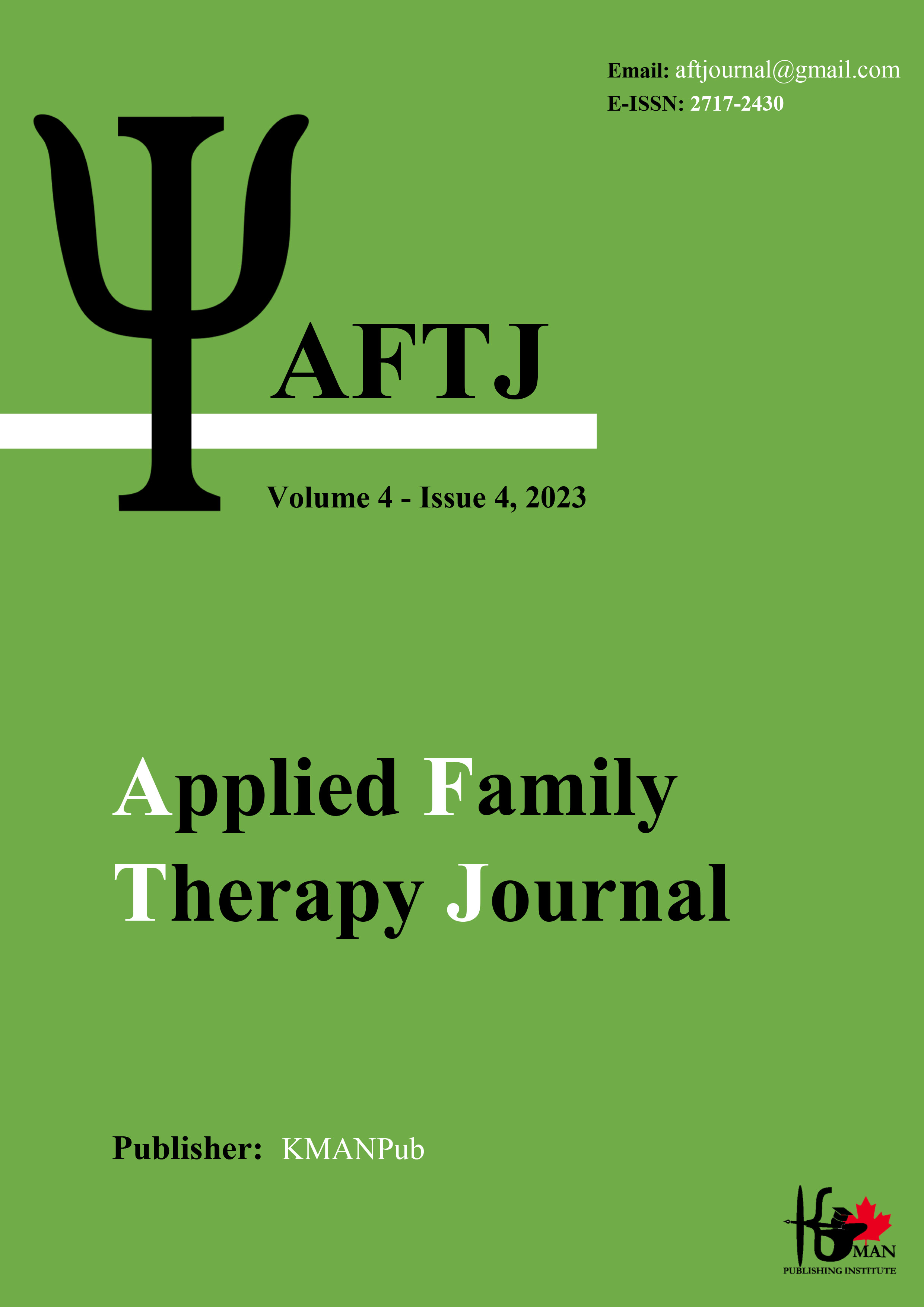Developing and validating a parenting program based on the lived experiences of mothers with hearing impaired children
Keywords:
lived experiences, mothers, children, hearing damageAbstract
Aim: The purpose of the research was to develop and validate a parenting program based on the lived experiences of mothers with hearing impaired children. Method: The research was conducted in a qualitative-quantitative way. The research community consisted of mothers with hearing impaired children in Sari and Miandorud cities. In the qualitative part, the purposeful sampling method was used until saturation. Sampling method was available in quantitative section and 16 mothers were selected. The interview tool was unstructured. In order to ensure validity and reliability, the recorded interviews along with the content obtained from them were provided to the interviewees and the method of reliability of extracted data according to the conducted interviews was used. Transferability method was used to provide validity. The total efficiency of two encoders is equal to 0.90. SPSS 26 and Amos software were used to determine the validity and suitability of program components. Results: Based on the interviews and the background of the research, the mentioned parenting program was compiled in 10 sessions, which consists of: accepting the child's deaf problem, using the experiences of mothers with deaf children, familiarizing mothers with how to care for a deaf child, Acquaintance with methods of emotion control, familiarization with ways to relieve the feeling of helplessness, familiarization with ways to communicate with a deaf child, interaction with the child, familiarization with ways to relieve the feeling of fatigue, relief from the feeling of hopelessness, relief from the child's feeling of loneliness. Conclusion: The research results showed the validity and appropriateness of the compiled components of the parenting program based on the lived experiences of mothers.
Downloads
Downloads
Published
Issue
Section
License

This work is licensed under a Creative Commons Attribution-NonCommercial 4.0 International License.





















